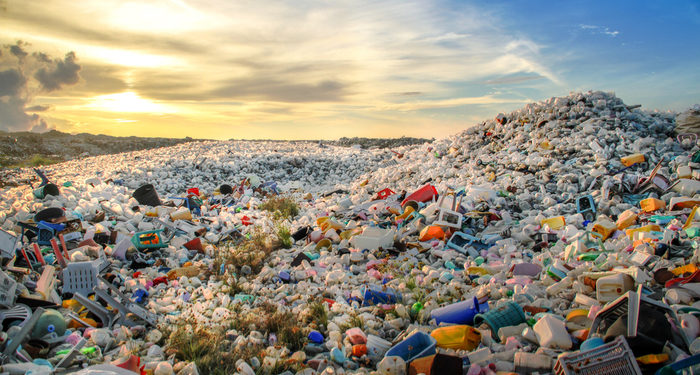With over 400 million tonnes of plastic waste produced globally each year, and 23 million tonnes ending up in water bodies, the world is facing a mounting plastic pollution crisis. To address this urgent issue, more than 170 delegations have convened in Nairobi, aiming to draft what could become the first global treaty focused on curbing plastic waste.
The summit’s primary goal is to regulate the production and distribution of plastics, a crucial step toward mitigating environmental damage. In his address to the delegates, President William Ruto highlighted the critical nature of the issue, emphasizing the need for innovation in tackling plastic pollution. “The elimination of plastic pollution is a threat that requires innovation. This is the reality and challenge that industries and the private sector must accept and look for opportunities in other alternatives,” Ruto stated.
President Ruto’s remarks underline the broader consensus that innovation and collaboration between governments, industries, and the private sector are essential in finding sustainable alternatives to plastic. The urgency of the situation is underscored by projections that if current trends continue, over 1 billion tonnes of toxic plastic waste will be produced by 2060.
“This kind of pollution to our environment is unacceptable and it is essentially a threat to life, humanity, and everything in between,” President Ruto added, stressing the dire consequences of inaction.
The Nairobi summit marks the third meeting of these delegations, with previous sessions setting the groundwork for what is expected to be the first comprehensive global treaty on plastic waste. The treaty, anticipated to be published in September, seeks to establish binding commitments for nations to reduce plastic production and enhance recycling efforts.
Currently, less than 10% of global plastic waste is recycled, a figure that the treaty aims to significantly improve.


















